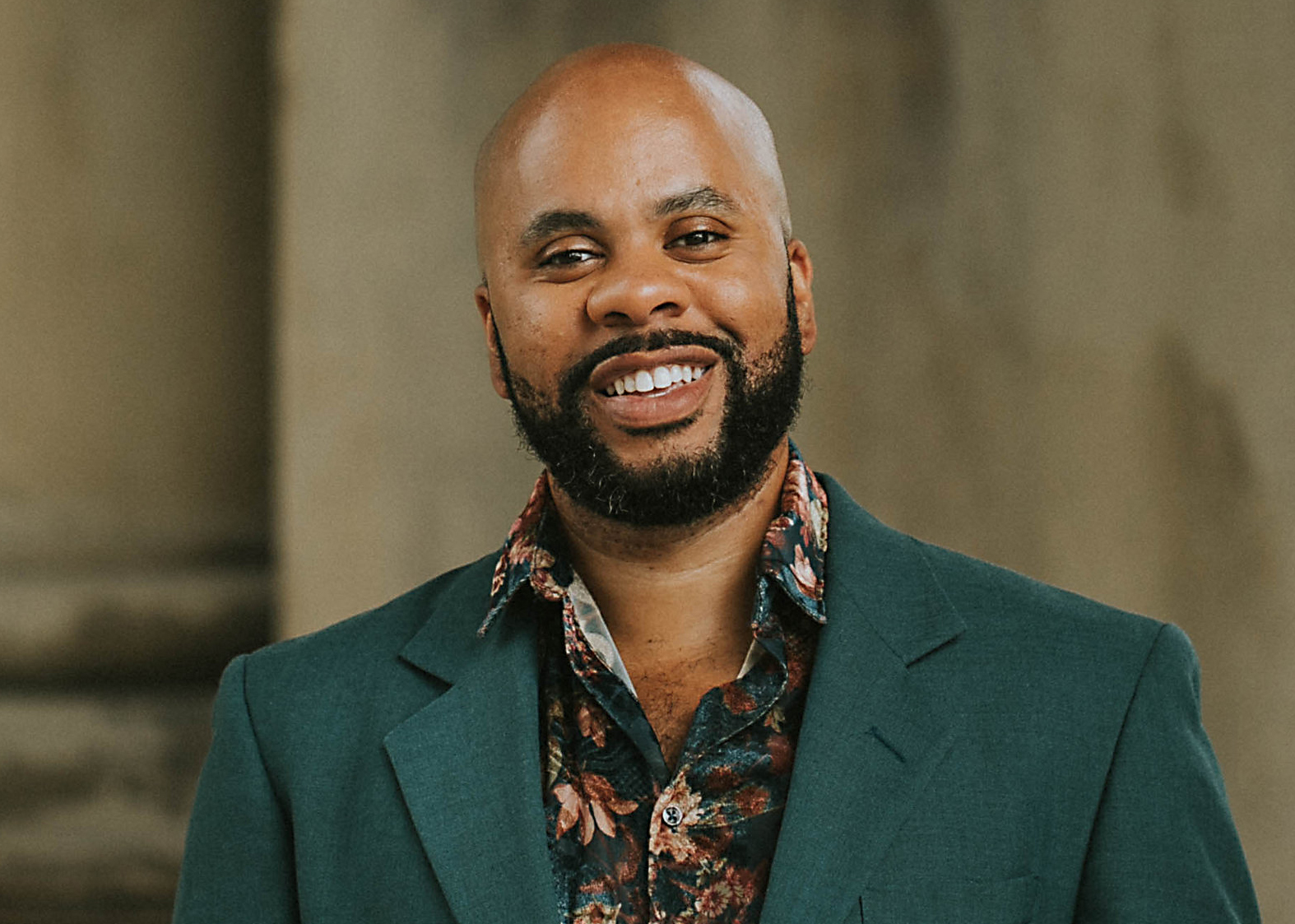Two readers grapple with unreciprocated generosity and distant relationships. Advice columnist R. Eric Thomas offers insights into handling complex emotional dynamics within families and friendships.
Asking Eric: Daughter-in-law never acknowledges gifts

Key Takeaways:
- Open communication is crucial in addressing relationship concerns.
- Managing expectations can alleviate disappointment in personal connections.
- Acts of generosity should be given without conditions or expectations.
- Accepting the evolving nature of relationships is essential for maintaining bonds.
- Honest conversations can strengthen and revitalize fading friendships.
When Generosity Goes Unacknowledged
Over the years, a grandmother and her husband have showered their son and daughter-in-law with numerous generous gifts—kitchen appliances, furniture, even a car. These gestures, always presented to both of them, have never been acknowledged by the daughter-in-law. “We don’t understand why,” the grandmother expresses, baffled by the lack of gratitude.
Adding to her distress, holidays are spent with her daughter-in-law’s family, and the grandchildren devote most of their free time to the other grandparents. Though they all live in the same town, this family seems increasingly distant. Concerned, she addressed the issue with her son, whose response was, “Do you want a divorce in the family?”
Despite feeling slighted, the grandparents continue their generosity, maintaining college funds and preparing to start tuition payments for their grandchildren. Yet, the lack of acknowledgment leaves them feeling sad and hesitant about addressing the issue further.
Expert Advice: Acceptance and Communication
R. Eric Thomas suggests viewing the son’s acknowledgment as gratitude on behalf of the whole family. “For many families, one thank you note suffices,” he notes, emphasizing that different families have different ways of expressing thanks.
Thomas encourages the grandmother to consider whether the unacknowledged gifts are the root issue or if there’s a deeper conflict, possibly stemming from a personality clash with her daughter-in-law. “If you don’t like the way that your son’s marriage works, then other things are likely to pop up and rankle you,” he observes.
He advises focusing on the relationships themselves rather than the exchange of gifts. “Try, if you can, to uncouple those expectations from the gift-giving, even if it means giving less,” Thomas suggests. He emphasizes the importance of direct communication, urging her to express her desire to spend more time with her son and grandchildren without attaching it to material generosity.
When Friendships Drift Apart
In another heartfelt query, a 73-year-old woman feels a growing distance from a long-time friend she’s known since the 1970s. They’ve shared decades of memories, and the friend is deeply integrated into her family life, acting as an aunt to her children. Entrusted with significant responsibilities—being on several accounts and serving as medical power of attorney—the friend now seems more preoccupied with others and disinterested in personal matters.
“She seems to reach out and talk to other friends more,” the woman laments. Recently, despite knowing about an upcoming arm surgery, her friend didn’t inquire about it, focusing instead on discussions about a retirement account. The emotional disconnect leaves her feeling ignored and in pain, questioning where to go from here.
Reconnecting Through Honest Dialogue
Thomas recommends initiating a candid conversation to address these feelings. “A ‘state of the friendship’ conversation is always a good way to clear the air and hit reset, if need be,” he advises. Recognizing that both women have evolved over the years, he suggests that their needs from the friendship may have changed as well.
He encourages expressing feelings openly: “I feel that our conversations are more ‘all-business’ than I’d like. Have you noticed that, too?” By inviting her friend to share her perspective, they can work together to recalibrate their relationship.
Thomas acknowledges the friend’s trust, demonstrated by the responsibilities she’s entrusted, but emphasizes the need for emotional reciprocity. “I’d like to share what’s going on with me and I’d like to feel closer,” he proposes as a way to broach the subject.
The Power of Direct Communication
Both situations highlight the complexities of personal relationships and the pain that unspoken expectations can cause. Thomas underscores that open, honest communication is essential in navigating these challenges. Whether dealing with unacknowledged generosity or a drifting friendship, addressing concerns directly offers the best chance for understanding and reconciliation.











